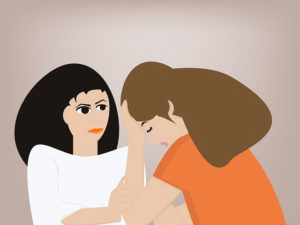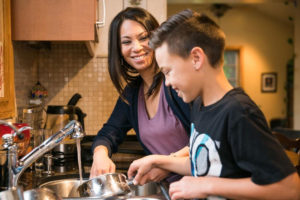Consistent with that routine that I wrote about, I have been viewing online educational material that are important in my field. One of them is Dementia. The World Health Organization defines Dementia, as “a syndrome in which there is deterioration in memory, thinking, behavior and the ability to perform everyday activities”. Aside from Alzheimer’s Dementia, there are 3 other kinds of this condition that are not as well known:
- Vascular Dementia – This condition results from damage to the brain due to poor or blocked blood flow (e.g. stroke, ischemia). Unlike Alzheimer’s Dementia in which symptoms progress gradually, symptoms of vascular dementia occur abruptly and appear right after the stroke.
- Dementia with Lewy Bodies (DLB) – This is a slow onset condition in which deposits in the brain, called Lewy Bodies, cause changes in the brain. These changes result in problems in the person’s ability tothink (fluctuations in concentration, attention, alertness, disorganized thinking) and move (parkinson’s symptoms) as well as changes in behavior and mood (e.g. depression, apathy, anxiety, delusions).

These changes result in problems in the person’s ability to think (fluctuations in concentration, attention, alertness, disorganized thinking) and move.
In my work assessing adults for Dementia, I have encountered about 3 whose differential diagnosis included DLB. The most distinguishing symptoms for me are the clients’ problems with movement. Such symptoms include muscle rigidity, slowed movement, shuffling walk, tremors (mostly at rest) and balance problems. One client I had reported having hallucinations, another symptom of this condition. Dementia with Lewy Bodies recently caught the attention of many people because Robin Williams, a popular actor/comedian (of the Mork & Mindy, Mrs. Doubtfire fame), suffered from it before he committed suicide.

















